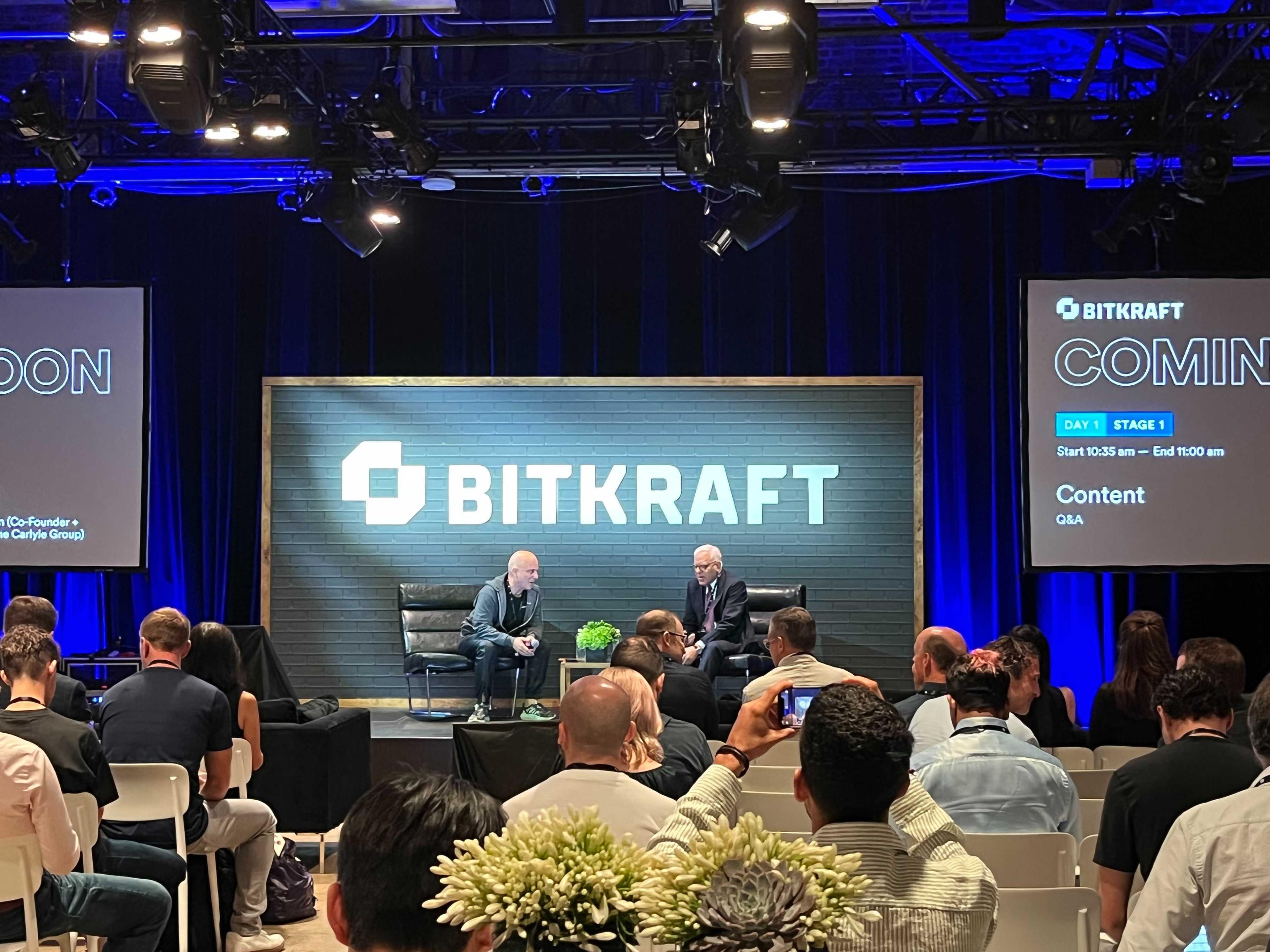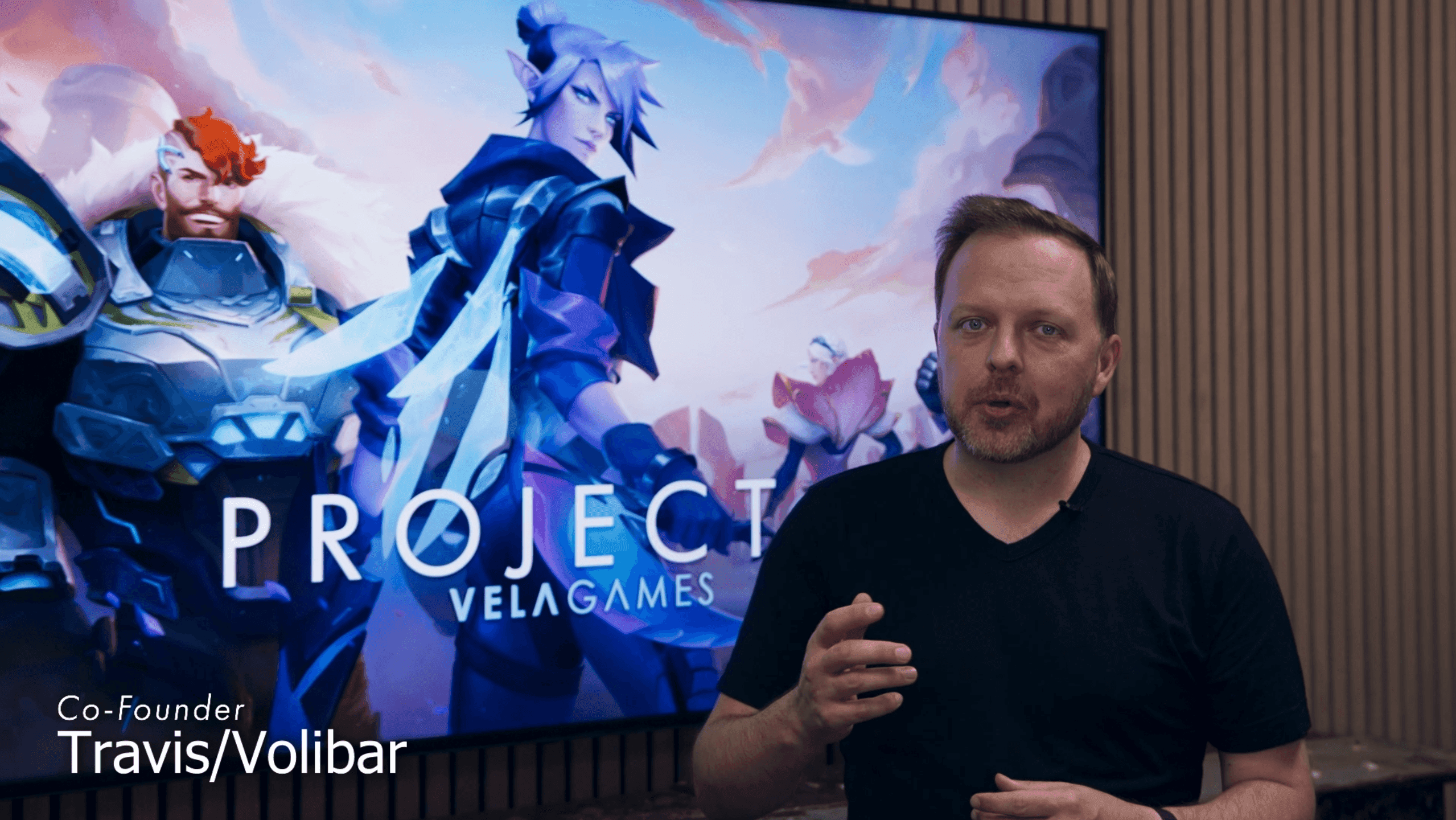Good moderation is key for long-term audience growth
Contributors

Every game needs to build an audience - that's something we take as a given, and there's a mountain of information on how to grow that audience. Paid promotion, organic viral marketing, engagement via competitions, just sitting in Discord and chatting with players... There's so much there to consider that it's easy to lose track of some of the core fundamentals of running a community.
(For the record, a lot of what we talk about here is applicable outside of just gaming communities - it's also relevant to content creators, brands, etc.)
But first...
Why should I care about having a strong community?
Like it or not, your community is going to be the face of your game. Your own presence is important, for sure, but at a certain point you're not able to be anywhere. A strong, well-managed community can do amazing things for your game:
- It creates a positive, encouraging first impression for new players (and people thinking of jumping in)
- It gives you a base of engaged players that you can lean on for feedback and ideas
- Really engaged players can and will go out of their way to talk about your game elsewhere online - they can effectively become a growth resource, based on the single most powerful form of marketing: word of mouth.
An engaged audience is an incredible resource, and it's worth nurturing and protecting.
Why do I need to moderate my community?
Let's set the scene.
You've recently picked up a new game - it's an MMORPG, with a really cool premise that you think you'll enjoy sinking a lot of time into. After a few days, you decide to hop into the game's Discord server to find other players to chat with, maybe to play with. The first thing you see is an absolute deluge of really negative comments, attacking the development team for inaction on a range of requested features and known bugs. Players are arguing left and right, slinging insults at each other over some strategy or feature they disagree on. You leave the Discord server and never go back.
This is a pretty dramatic example, but it's a lot more common than you might think. And, worst of all, it can be easy to fall into the trap of letting your community turn into a version of that example.
A hostile, fractious community can very easily drive away players - and those players could be among your most engaged, most postiive, most valuable contributors if they stick around. Moderation is a tool that can help shape the tone and feel of your community spaces, making sure they're inviting for new players and members.
Ok, but the title says "You should probably ban your early community members" - where does that come in?
Yeah, this is where we admit that the title is a little bit of clickbait... but not entirely.
Often when we come across communities like the ones we described above, we find that the issues ultimately come down to a few key members. These members were some of the first to join the community, becoming part of its foundation. But over time, they start to argue more and more aggressively, and make the atmosphere of the community less and less inviting.
In many of these cases, the devs running these communities feel like they can't - or shouldn't - intervene. These are some of their earliest community members, they've invested tons of time into the community, and they're well-known among the playerbase.
Taking action against your most vocal community members can be scary - we get it. This is especially true when your community is new. If your game is brand new and you only have 5 Discord members, it's terrifying to consider banning one of them.
But, ultimately, those members aren't actually making positive conitributions anymore - if they ever were.
Allowing them to ruin the atmosphere of your community is doing a disservice to everyone who wants to make a positive contribution, and it will drive away new members.
So how do we deal with the problem?
Most of the time the community members who we're talking about here are actually, at their core, people who really care, and they have real grievances. They've just let the frustration get the better of them - and they've been allowed to go too far.
Ideally, you should intervene as early as possible. If you see someone's behaviour starting to slip, a simple warning ("hey, that's a bit over the top, please keep it civil") can be enough to get them back on track.
The more you let the culture of your community become negative, the harder it is to pull it back. However, there are steps you can take to get moving in the right direction:
Create a set of rules for your community members. Clearly define what is acceptable and what isn't.
Usually this is based on common sense - you don't want to outlaw negative feedback, but you also want to make sure people are civil. We usually draw the line at derogatory or insulting language, towards other members of the community or the development team. It's up to you to decide where you want to draw the line between reasonable discourse and unreasonable aggression.
Once you have your rules, enforce them.
You have to be consistent in enforcing your rules, especially with those members who've been around forever. You don't need to be draconian - give people chances to improve their behaviour. Tools like warnings, timeouts, mutes, etc. exist on most community platforms, and you can and should use them to nudge people in the right direction.
Ultimately though, if there are members of your community who can't or won't adjust their behaviour in line with your rules... ban them. Remember, keeping them around is actively detracting from the experience of the most valuable members of your community, and you owe it to those members to remove bad actors. And, most importantly, remember that new players will look to your most established community members as role models. You need to hold them to the standard you want to set for new players.
There's an important balance you'll need to find, and where that line is varies between communities. You don't want to be too trigger happy - if you ban everyone that shows even a hint of frustration, you'll very quickly close off your most valuable lines of feedback. But if you let them go too far, you'll end up right back where you started. This balance is something you can only really learn with experience. You will make mistakes along the way - just make sure to learn from them and correct them. Apologise when you should, and crack down harder when you need to.
Engage with problems, build trust
This is often the hardest part, but it's absolutely vital. Enforcement of rules is one part of the equation - the stick, to use the old metaphor. The next part is the carrot, and it can be very hard to grow.
Remember when we said that most bad actors are actually people who really care, with real grievances? This is where you need to show that you want to engage with them, and with their issues - but only when they're willing to engage respectfully and constructively. If a player is lashing out and going overboard, you should absolutely use your moderation tools - but you should also try, where possible, to see through the unpleasant language and identify the core of their issue.
This is especially relevant for gaming communities, but it's a near universal truth. People want to feel heard and valued. If you can take the time to empathise with them, to show them that you understand why they're frustrated, and that you want to help... That goes a long way to getting players to come back on-side, even if that understanding is accompanied by a 20-minute timeout.
Once you've understood their concerns, it's also vital that you do your best to act on them. You can't fix every problem - some people will just disagree with some of your decisions - and you absolutely shouldn't make promises you can't keep. But where you can resolve an issue, or show that you're making a good faith attempt to do so, you'll gain a huge amount of trust with that member, and with the wider community as well.
With all of that said, it's also important not to dedicated too much of yourself to understanding every troublemaker. We said most of the bad actors really care - but not all of them do. Some of them are not acting in good faith, and you shouldn't lose any sleep over removing them from your community.
What does all of that work get me?
Implementing the recommendations above is not easy. It's a lot of work, and in some cases it can be extremely mentally taxing. It can be hard to see the value in spending that time and mental energy. But, with the right approach (and a bit of luck), you can get some really amazing outcomes. Here's some of what we've seen when we've implemented this approach in existing communities:
Previously negative members become positive contributors.
You'll often see the troublemakers turn around and become valuable, contributing members of your community again.
The part that might surprise you is, when you show the proper empathy and act on their concerns... Those troublemakers will often become your strongest and most loyal advocates.
The more you moderate, the less you'll need to moderate
This one also sounds obvious, but the effect is more powerful than you'll expect. When a community has an understood, consistently enforced policy for acceptable behaviour, that behaviour becomes part of the culture of the community. Players will start holding themselves (and others) to those standards. When moderation is done right, a community starts to become self-correcting, and moderation becomes easier and less necessary.
There's also a bit of a more cut-throat benefit to all this work. If someone enters your community spaces with the intention of engaging in bad faith and they see a community with strong moderation and a positive culture, they're much more likely to just move on and find an easier target.
Key takeaways
- Be vigilant early in your community's life. Letting bad actors create a negative environment is going to drive away positive contributors.
- The earlier you intervene the better. The longer you let a problem persist the more work it's going to be to persist. That said, it's never too late to start the process of turning things around - as long as you're prepared to put in the work.
- Moderation is one part of the toolbox that helps you foster an engaged and valuable community. Trust, empathy, and effort are the others. You need both in equal parts.
The last takeaway is the most important one - if you take nothing else from this article, please remember this and take it to heart.
You owe it to your community not to accept bad behaviour. Allowing someone to ruin the atmosphere is going to hurt everyone more in the long-term. No short-term gain in audience numbers is worth allowing someone to ruin the experience for everyone else. This is true for gaming communities, live streaming audiences, local craft groups... Where there's a community, there's a responsibility to make that community space welcoming, and allowing bad actors is a disservice to the entire community.
Where RAID Studios can help
This is our shameless plug! If you're running a community for a game (or games studio) and you're unsure of how to tackle moderation, player relations, or anything else we spoke about here, you can get in touch with us on our Website. We have a team of community experts who'll be happy to help you out.

